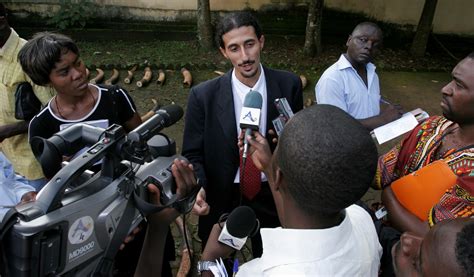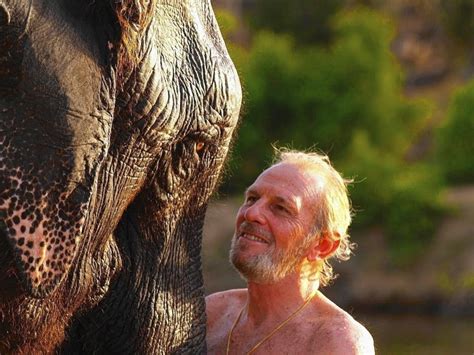A Quote by Richard Leakey
Earlier, 100,000 elephants lived in Kenya and we didn't have any noteworthy problem with it. The problem that we have is not that there are now more elephants.
Related Quotes
A great deal of the universe does not need any explanation. Elephants, for instance. Once molecules have learnt to compete and to create other molecules in their own image, elephants, and things resembling elephants, will in due course be found roaming around the countryside ... Some of the things resembling elephants will be men.
During his fifteen years in Italy, Hannibal never had enough elephants to suit him. Most of the original group succumbed to the climate, and he was always begging Carthage for more, but the people at home were stingy. They would ask if he thought they were made of elephants and what had he done with the elephants they sent before.
Studying elephants is like going back into prehistoric times. In size, elephants are the closest thigns we have to dinosaurs. There are days when I feel as though there is nothing we can do for elephants - I feel that the only good I am doing is recording the extinction of one of the most magnificent animals that ever walked the earth.
I was pretty shocked to learn that as many as 30,000 elephants are being killed every year to fuel the ivory trade, despite an international ban since 1989, and that 60% of forest elephants have already been wiped out. At this rate, experts say populations will become extinct in the next decade. No one needs ivory.
We are having to pull money into site-level protection for elephants just to keep them alive. But there isn't enough money to go around. The people involved in protecting those elephants, like rangers on the ground, are so under-resourced. They have very few vehicles, they have very poor weapons (if any weapons at all), and they are treated as the bottom of the tree when it comes to law enforcement priority.





































